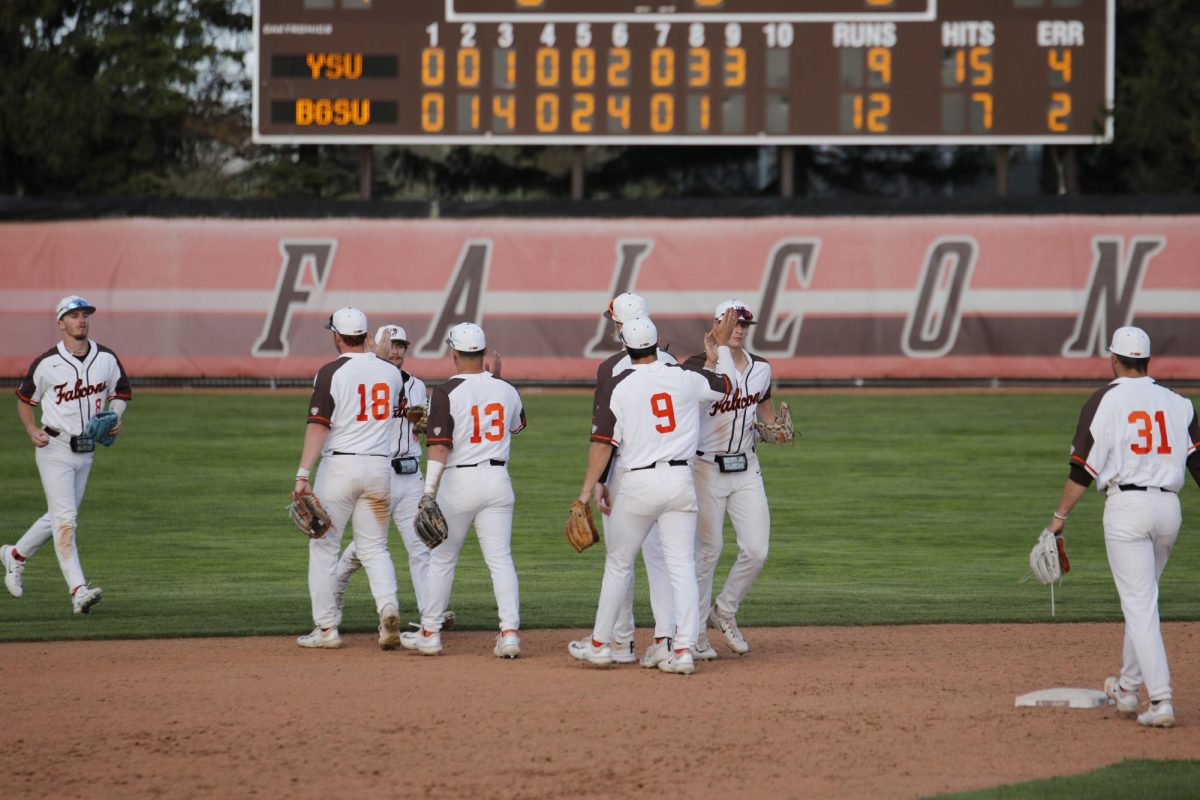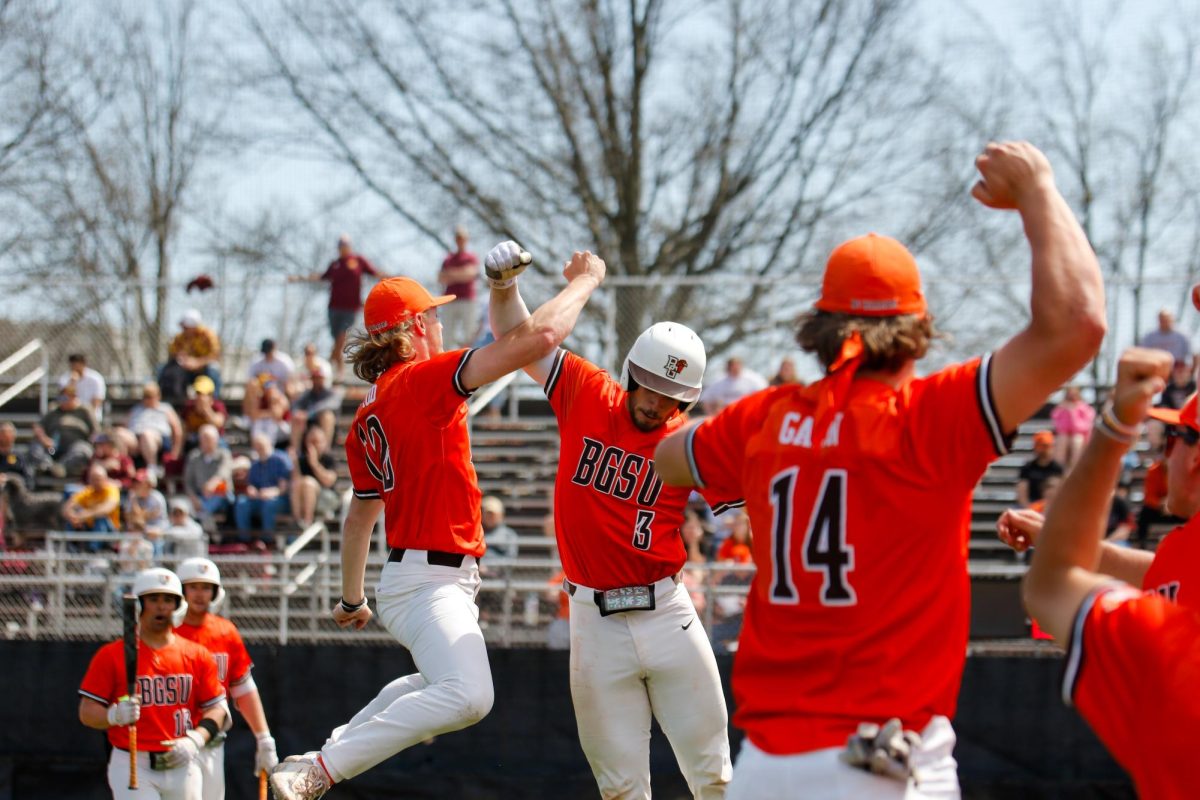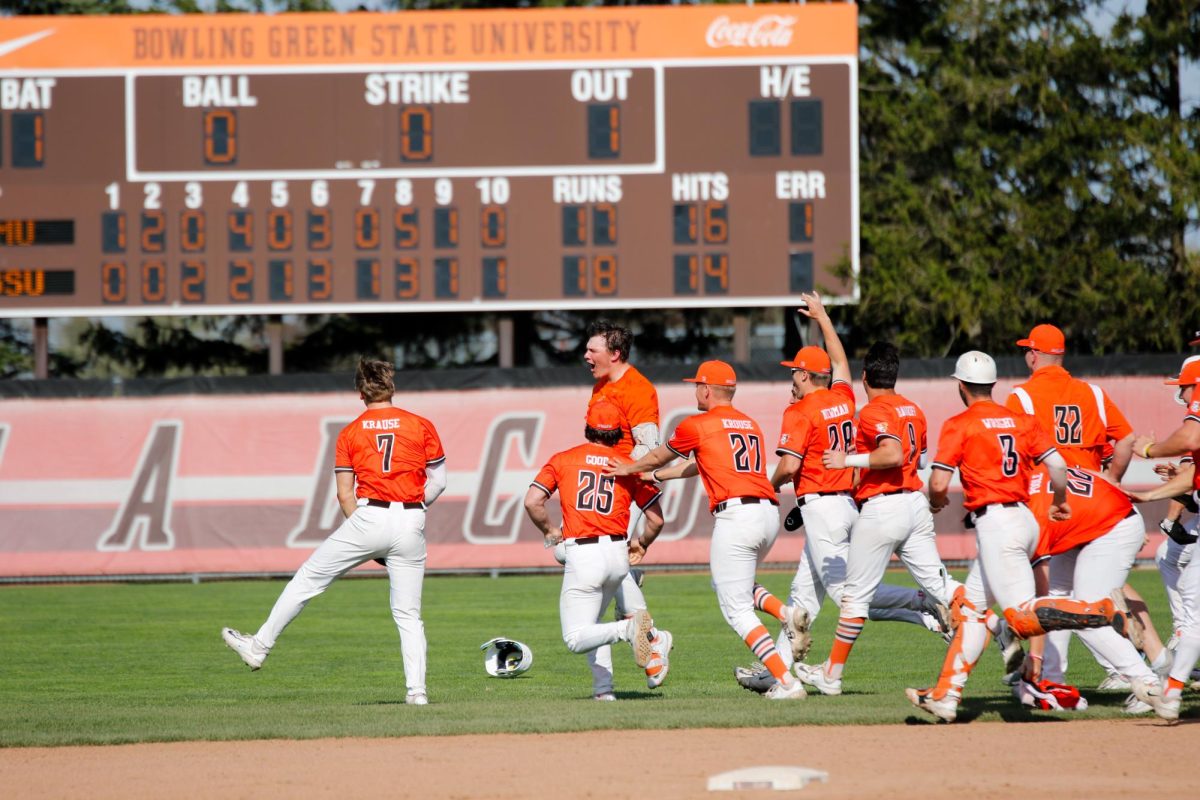Often have I seen sons bear the sins of their fathers, almost as often have I seen fathers bear the sins of their sons. They take different forms; the former usually takes the form of emotional scars or financial burdens, and the latter might involve a wrecked car or stolen money; but such tales of mischief and wrongdoing pale in comparison to the enormous weight that must hang upon the shoulders of Peter Lanza, the father of the Sandy Hook Shooter Adam Lanza. In a recent interview, he said “Adam would have killed me in a heartbeat,” and “I’m not dealing with it… you can’t mourn for the little boy he once was. You can’t fool yourself.” I can’t even imagine the amount of pain and guilt he must be feel, which is all surely compounded by the fact that he’s not letting himself grieve; but I’m not writing this to pass judgment on him. Lanza’s actions were despicable, evil, and unforgivable; so much so, in fact, that it’s completely unreasonable to blame his parents alone. Hitler’s father beat him, but I know young men whose fathers beat them, and they didn’t wind up being violent at all; in fact, they wanted as little to do with violence as they could. Evil exists in the world, but all too often, we cheapen it by reducing it to the digestible, childish, idea of a devil or boogeyman.
It’s hard for any of us to comprehend the thought of someone being able to walk into an elementary school and murder children in cold blood, as he did. In the wake of the incident, the resounding cry for gun control reforms was so loud that it drowned out the voices of all those who spoke of the other factors that made this horrible massacre possible.
Many, including myself blamed guns initially; and rightly so. It would be ridiculous to insinuate that the right to bear an AR-15 to shoot ‘white-tailed deer’ is worth the lives of all those children and so many others. But the issue was always more complex than that. Few people wanted to talk about mental health, or the increasingly touch and go, impersonal nature of how humans interact with one another. Guns are only part of the issue, no matter which side of the second amendment fence you’re on.
We’ve gone to the moon; we’ve made it possible to cure horrible diseases with simple vaccinations, and we can talk to anyone, almost anywhere on earth, at any time, for free; but we still can’t cross the street to ask our neighbor how they’re doing. Look at your best friend, or your lover, or your husband, or your wife, or your neighbor, and ask yourself how well you know them, really.
What we hate most about Lanza, or Hitler, or Stalin is that these men remind us the atrocities humans are capable of committing. Are Mr. and Mrs. Jones down the street normal?
Or do they have a dark secret? My point isn’t that we shouldn’t trust each other, nor am I trying to inspire fear; quite the opposite.
What we need to do is stop wondering what the answers to these questions might be, and ask them. It may seem unrelated, but at various points in my life, I’ve been on the verge of committing suicide and I probably would have if it weren’t for people who reached out to me when I was hurting. One of the reasons evil, or sorrow, or hopelessness festers in people is because they’re alone, and nobody reaches out to them. What might have happened if someone had reached out to Lanza?
The leaves of love leave the greatest ripples in the pond of life.
More than any law; be it for mental health screening or for guns [both of which are necessary as well] love will help our society become more conscientious of the evil that lives within it. We’re all tempted to ignore it, but we all must take our heads out of the sand, because if we don’t, the world around us when we finally do won’t be one worth living in.
Respond to Ian at



















